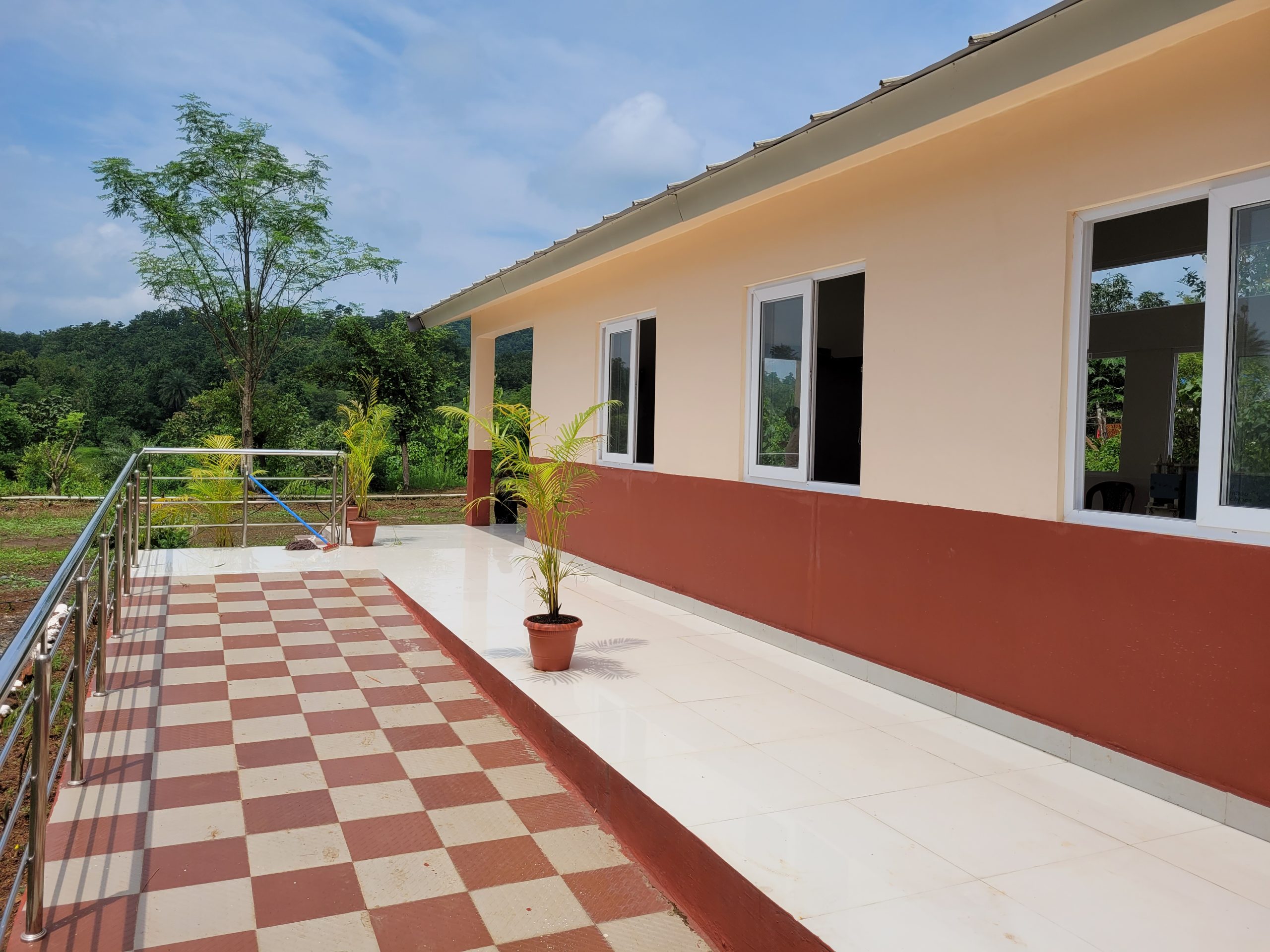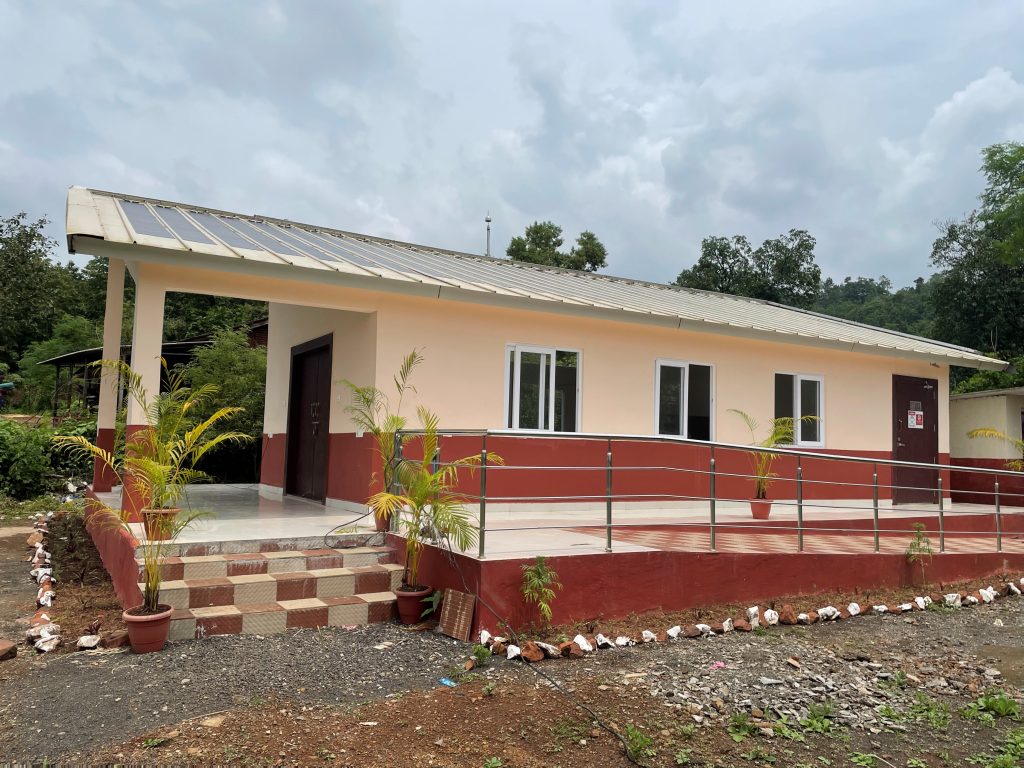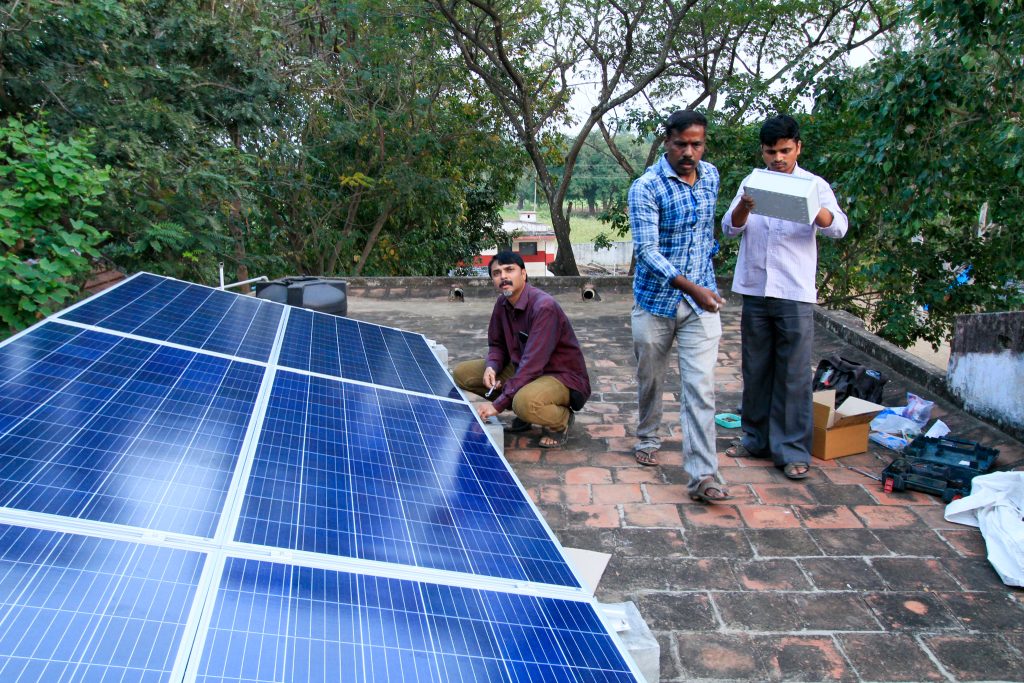
Demonstrators
770 million people across the world don’t have access to electricity, with a large portion of those living in rural areas. In India, a concerted effort has been made to bring electricity to all its villages, with Prime Minister Modi declaring 100% electrification in 2018. Even so, access to the grid in remote areas of India can still be unreliable and unaffordable, affecting millions of households. Alternative energy sources, such as kerosene and biomass, carry severe risks of respiratory diseases and fires.
Furthermore, the global climate crisis demands we transition away from burning fossil fuels. Buildings represent a significant challenge, accounting for 40% of the world’s carbon emissions.
At SUNRISE, we aim to address both of these challenges by designing and deploying off-grid solutions that provide remote communities with affordable, reliable, sustainable, energy. The IEA states that decentralised solutions are the least costly way to provide power for half of those still in need of electricy access.
The Solar OASIS is our full scale building demonstrator in Khuded village in the state of Maharashtra, India, which uses solar power to generate, store and release energy to be shared by the community. While connected to the grid, rural Khuded’s electricity supply was unreliable and too expensive for most residents.
We have also installed three solar-powered microgrids across India, at Acharya School in Manchenahalli, at Panchayath Union Public School in Tamilnadu, and at a Primary Health Centre in Dharwad, all of which were having issues with an inconsistent and unreliable grid.


